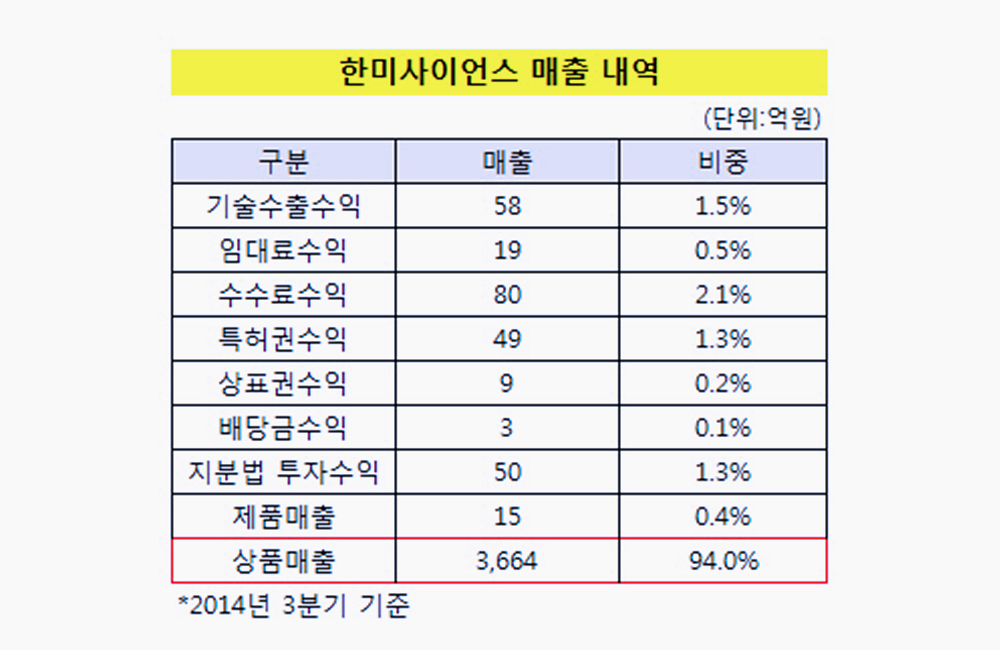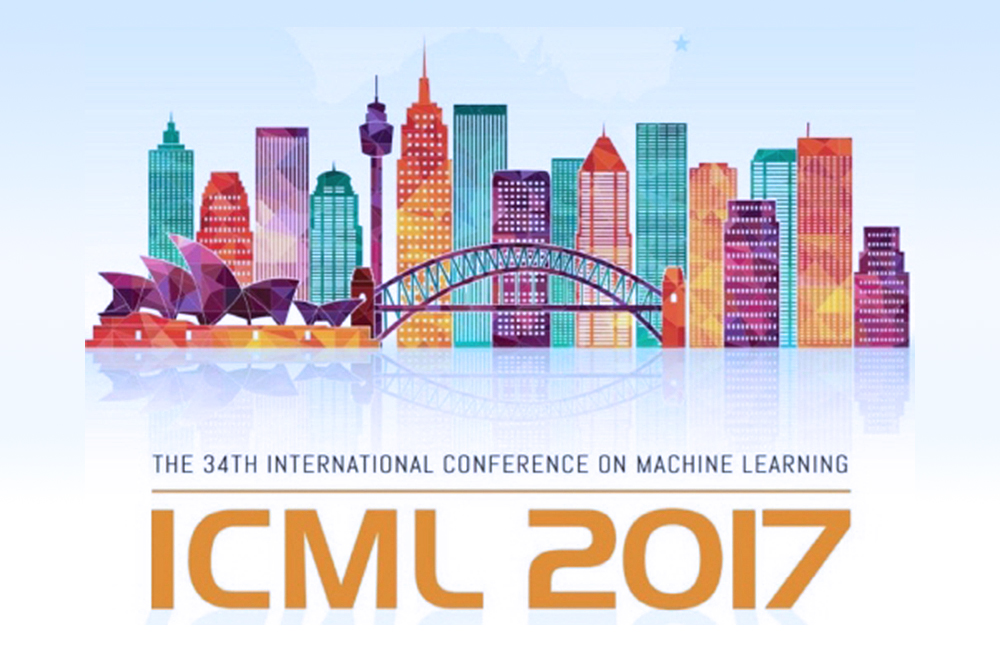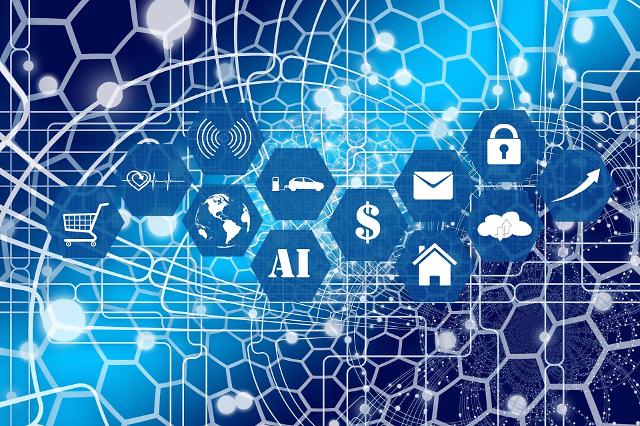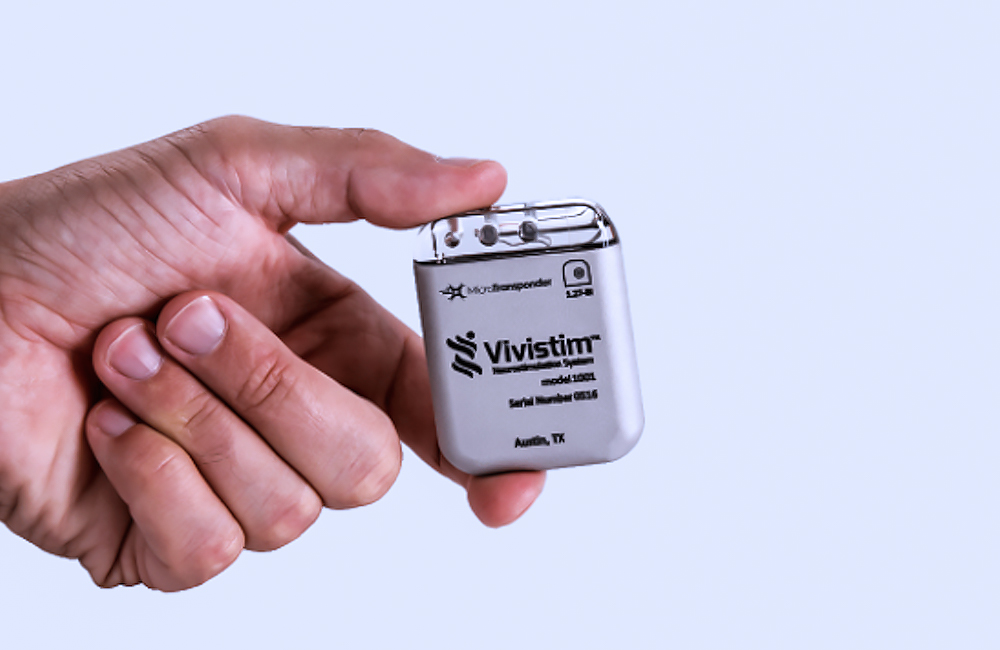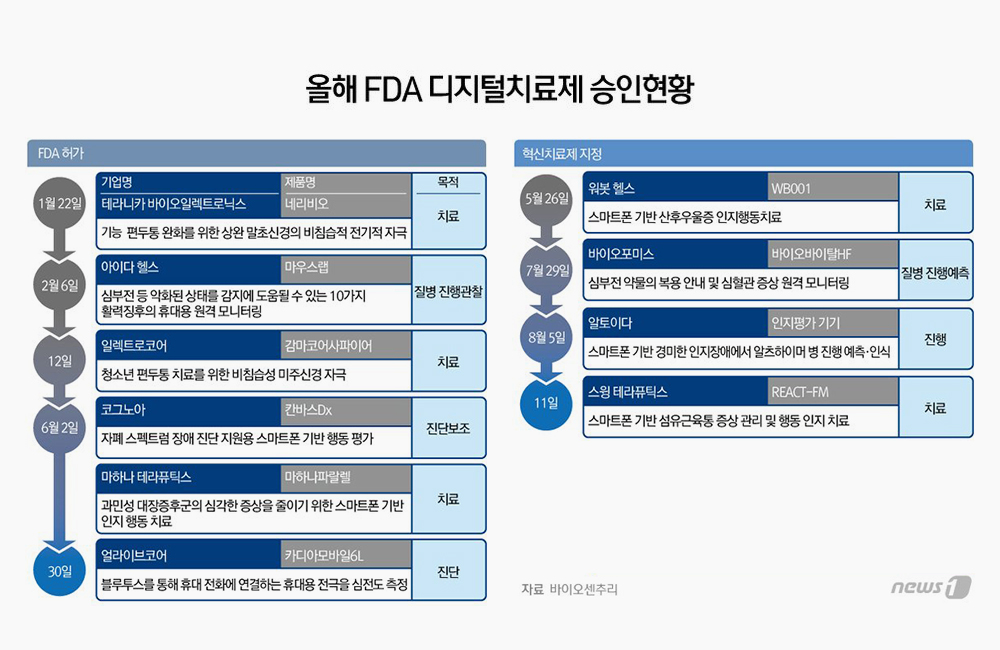Imagine a technology that allows you to emulate—and sometimes improve—the processes and tasks performed by human beings and do it constantly without the need for rest. This is one of the main reasons why artificial intelligence (AI) has exploded in popularity.
Often considered the father of AI, John McCarthy provided a definition, stating, “It is the science and engineering of making intelligent machines, especially intelligent computer programs. It is related to the similar task of using computers to understand human intelligence, but AI does not have to confine itself to methods that are biologically observable."
By the time 2023 arrives, AI is expected to be one of the most widely used technologies across industries around the world, being adopted within many daily processes, such as in some medical and healthcare procedures.
AI In Numbers: Market Growth
One way to know if AI is really being used in the business world is to look at the statistics, which have been on the rise in recent years. According to Statista analysts, the AI market is expected to grow exponentially between now and 2030, when its use is established in most industries. In fact, IDC experts estimate that the AI market will grow to over half a trillion dollars globally by 2024.
AI In Healthcare
Industries have been using AI to improve their processes and obtain the benefits of this technology, with the health industry being one of those at the forefront. According to the results of a 2021 survey, by the end of 2021, 45% of health centers worldwide were using or intending to use AI technologies for data integration. Also, 36% of respondents said they were using or planning to use natural language processing.
Uses Of AI In Health Institute Processes
The health industry is one of the most important in the world. To ensure our good health, leaders in healthcare need to operate as close to perfection as possible, avoiding mistakes that can be costly and harmful.
AI has been adopted by healthcare centers and hospitals in various processes—both administrative and medical—that are vital for the correct care of patients and for avoiding any errors or delays in their diagnosis. Machine learning is one of the most common ways AI is used in healthcare settings. This form of AI allows healthcare centers to predict which treatment could be most successful with the patient, taking into account their composition and treatment setting. For this, it's necessary to enter the patient's data and medical history so that machine learning, through its AI engine, can help the treating doctor quickly define the treatment that the person needs.
AI can also be of benefit in the diagnosis and treatment of patients. Tools have been created that help diagnose a patient as well as a human would.
Final Thoughts
AI isn't a new technology—it's been researched and developed since the 1950s and is currently present in many of our daily routines. Most of these applications are so common that we don't even notice them.
Our lives often depend on the healthcare industry. So, having a technology that allows you to speed up patient registration processes and help diagnose more quickly and effectively is essential. Every health center should consider the use of AI for the benefit of its processes so it can adapt to the modern world and its accelerated pace.



